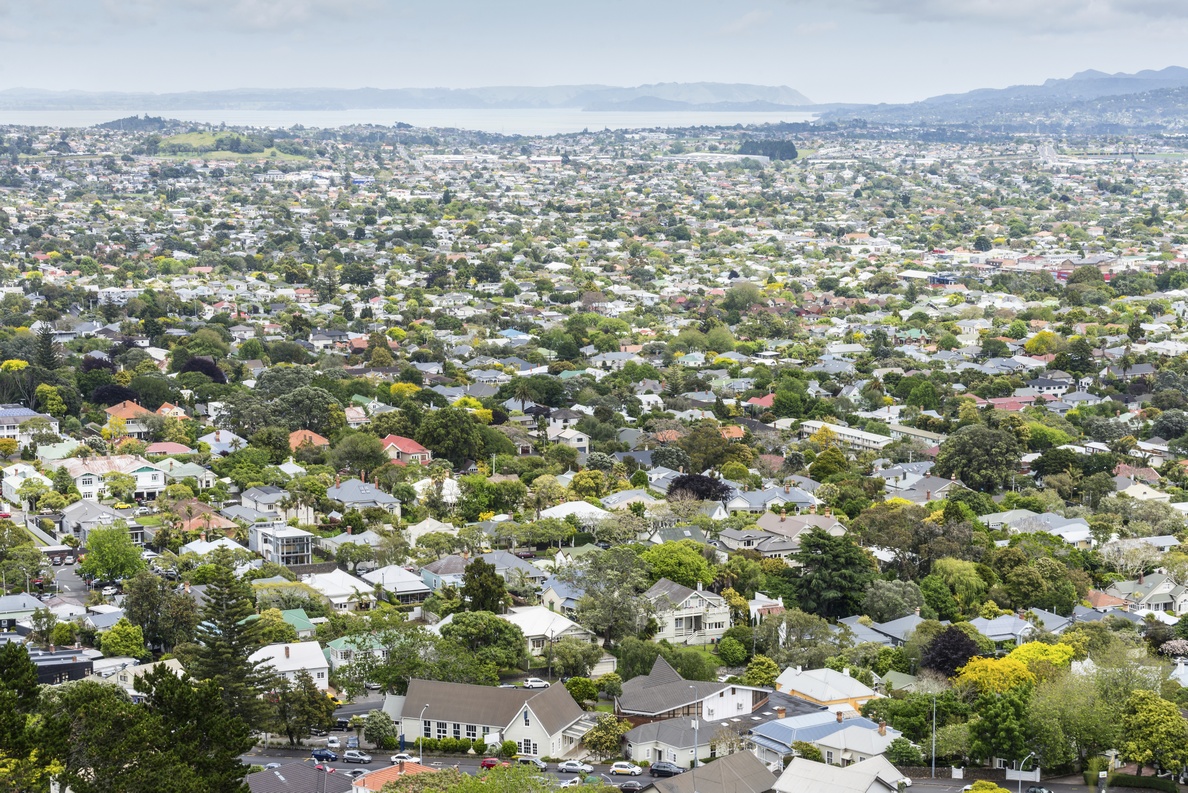Where will we live in the future? Tā tātou kainga e noho ana ki hea ā te wā heke mai
Author:
Disability Connect, Colleen Brown, Alan JohnsonSource:
Disability ConnectPublication date:
2021Topics:
HousingExtracts:
Introduction
This report and the research behind it outline the housing and living circumstances of people living with disabilities in Aotearoa – New Zealand in 2020. Both the research and the report were undertaken by a small team of people with connections to disability advocacy groups, community based services and antipoverty groups. The intention of the research was to give a voice to disabled people over their housing problems and their care needs. Such a voice is considered necessary by those who undertook this project because they believe that people living with disabilities as well as their whānau are amongst the most socially marginalised in Aotearoa and as such deserve to be heard. ...
A summary of this research
The research involved two on-line surveys as well as interactions with respondents through two focus groups and a small number of one-to-one phone interviews. Because of the limited agency of many people with disabilities it was most often the case that the people participating in this research were doing so on behalf of a relative or friend with a disability. This was clearly the case for parents responding on behalf of their children.
There is probably nothing new in the results of this research reported here. This lack of novelty can be seen as cause for concern. Although, as a national community we may know quite a lot about the experiences and needs of people with disabilities, their poor experiences continue to be overlooked by those making policy so their needs remain inadequately addressed.
In many respects the background problem is one of agency. The lack of agency of many people with disabilities to affect the changes in their lives which they need and desire, reflects their inability to express their needs effectively or at all. The apparent silence of families with disabled children who are so apparently unimportant in the large cast of social policy means that they are not even seen let alone heard. This is probably the definition of marginalisation, that you and your loved ones are so unimportant that your basic needs are not fully met and your frustration, anger and hurt are not heard. These are the experiences emerging from some of this research.
This lack of agency from people with disabilities reflects an absence of systemic and comprehensive policies at government level, despite the New Zealand Disability Strategy and the United Nations Convention on the Rights of People with Disabilities. ...
March 2021
See also
Disability Connect | Community Housing Collective
